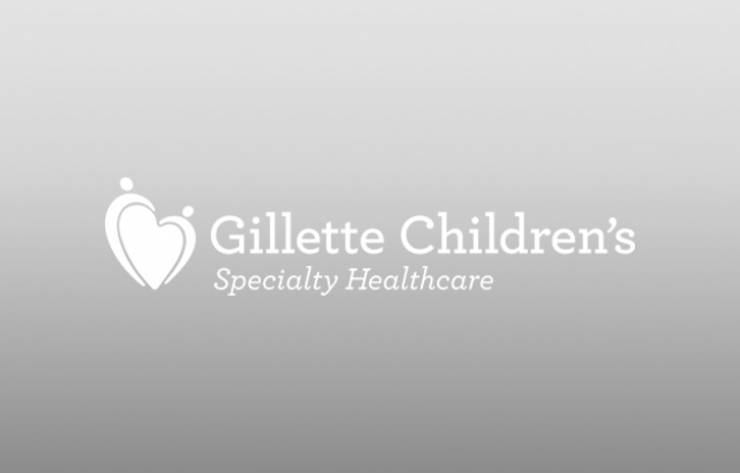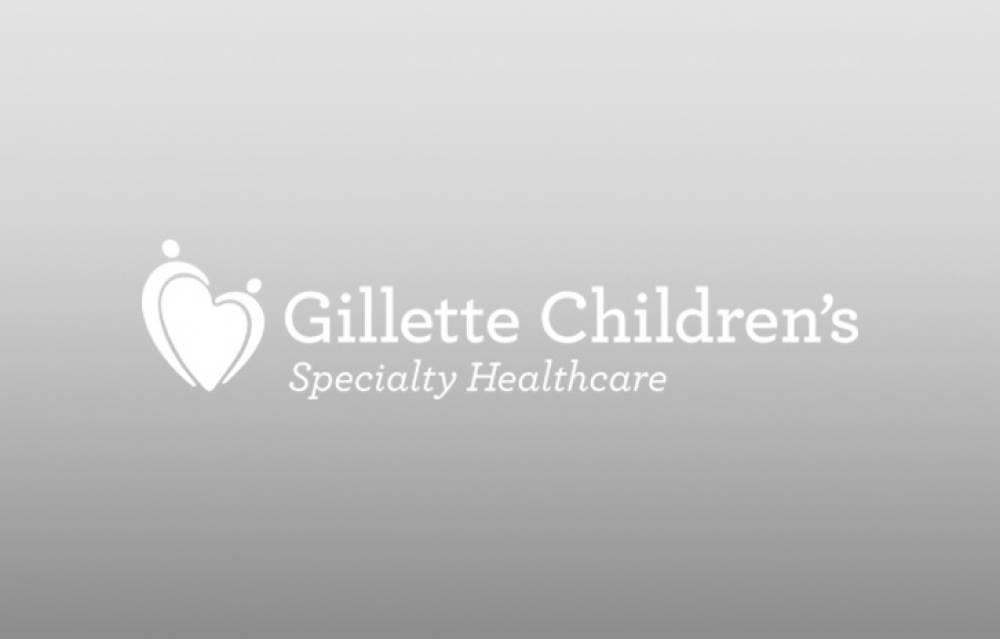-
{care_team_members status="Open|hide from care team page"}
-

{care_team_members:ct_first_name} {care_team_members:ct_last_name}
{care_team_members:ct_full_title}
{/care_team_members}
person:channel_short_name: {person:channel_short_name}
person:
title: {person:title}
-
{links}
{/links}
No category selected to display locations. Locations Dynamic
-
{locations}
- {locations:title} {/locations}
-
{widget}
{widget:widget_content}
- {widget:widget_content:tab_title} {/widget:widget_content} {/widget}
_960_640_70.jpg)
Gillette Children’s has one of the largest craniofacial programs in the U.S. The Gillette craniofacial team includes craniofacial and pediatric plastic surgeons, neurosurgeons, dentists, orthodontists, speech-language pathologists, advanced practice nurse practitioners, audiologists, and other providers who’ve been carefully selected because of their specialized training.
Our craniofacial providers put together a helpful guide on which craniofacial conditions are best seen sooner rather than later.
“We care for a high volume of patients at Gillette and have a very low complication rate,” Martin Lacey, MD, Medical Director of Craniofacial and Plastics, says. “Plus, unlike some other hospitals, Gillette has fellowship-trained pediatric craniofacial plastic surgeons—meaning our doctors achieved the highest level of knowledge and training in this area.”
“As the second oldest of nine children, I am used to being in a caregiver role and have a deep appreciation for Gillette’s family-centered care model,” Jo Barta, MD, another Gillette Craniofacial surgeon, says. “Many congenital and craniofacial anomalies require multidisciplinary team collaboration, and that is also something Gillette champions. Everyone is here pulling together as a team for the benefit of the patient.”
View our guide, “When to Refer: Craniofacial Conditions” to learn about the right time to connect patient families with the experts at Gillette.




